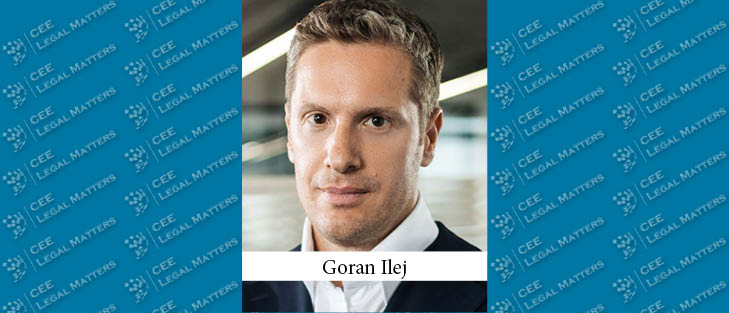Croatia is undergoing significant legal changes, particularly with the introduction of a real estate tax aimed at addressing housing shortages and regulating property use as well as a new lobbying law, according to Ilej & Partners in cooperation with Karanovic & Partners Senior Partner Goran Ilej.
"One of the most significant developments is the introduction of a real estate tax, which has become a major topic of debate," Ilej begins. "So far, real estate in Croatia hasn’t been properly taxed. A lot of real estate is used for tourism, and real estate prices are growing at a pace that’s probably the highest in the EU," he explains. According to Ilej, "Croatians tend to invest their surplus funds in real estate, which has led to a shortage of available properties for residential use. The government is trying to intervene with a tax, hoping to encourage more real estate owners who are keeping properties vacant to switch to long-term rentals – this would help provide young families with better access to housing."
However, the public response was not welcoming. "It's controversial and has faced strong resistance in the past," Ilej continues. "Right now, the legislation is still in draft form and under discussion, but it’s expected to be introduced by the start of the new year. The government has a stable majority in parliament, so it seems the political decision has already been made to introduce the tax in one form or another," he lays out. Ilej is confident that, while the draft might see some changes, it’s likely to pass without much difficulty.
Another notable change of late is the new lobbying law. "This is the first time lobbying has been regulated in Croatia, and it’s generating a lot of discussion," Ilej goes on to say. "The law requires anyone engaged in lobbying to register, but there’s still ambiguity around who exactly needs to register. For example, in which cases is a CEO or any employee communicating with the government considered a lobbyist? This is something we’ve been discussing quite a lot over the past few months," he says. While the law is now in force, the practical application remains unclear. "There are still many unanswered questions about what counts as lobbying," Ilej adds. "While the temporary lobbyist register is currently being established, the main concern is how broad the requirement to register is. These days, we receive inquiries from many of our clients, particularly in industries like pharmaceuticals, where the state is the main client, asking whether they need to register."
Finally, taking stock of the Croatian legal market in 2024, Ilej reports overall stability. "However, transactional work has been somewhat erratic throughout the year. That said, in the last quarter, we’ve seen a noticeable pickup in transactions, which is promising. We hope this upward trend will continue into the next year, and that the market will remain active and lively," he concludes.






















